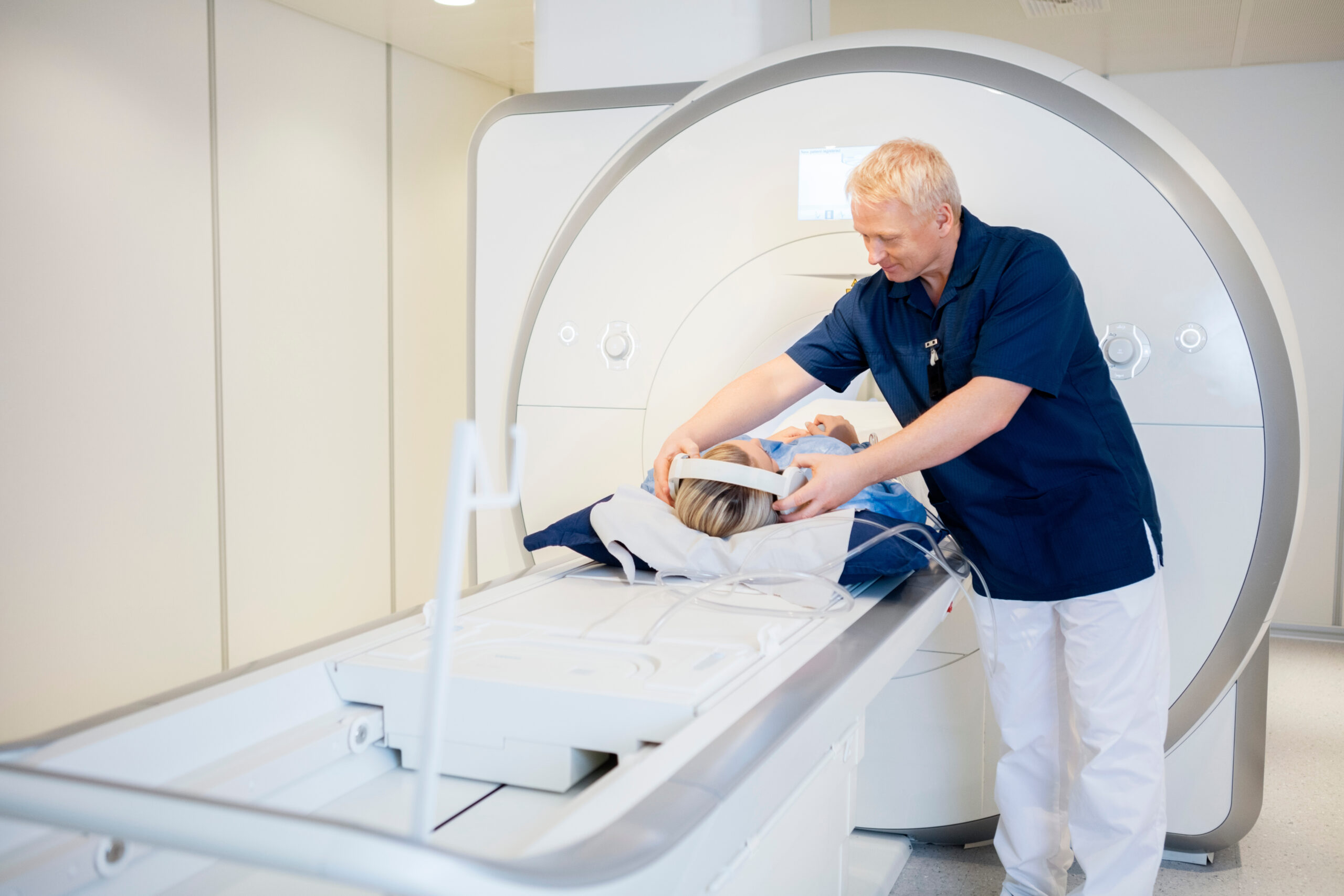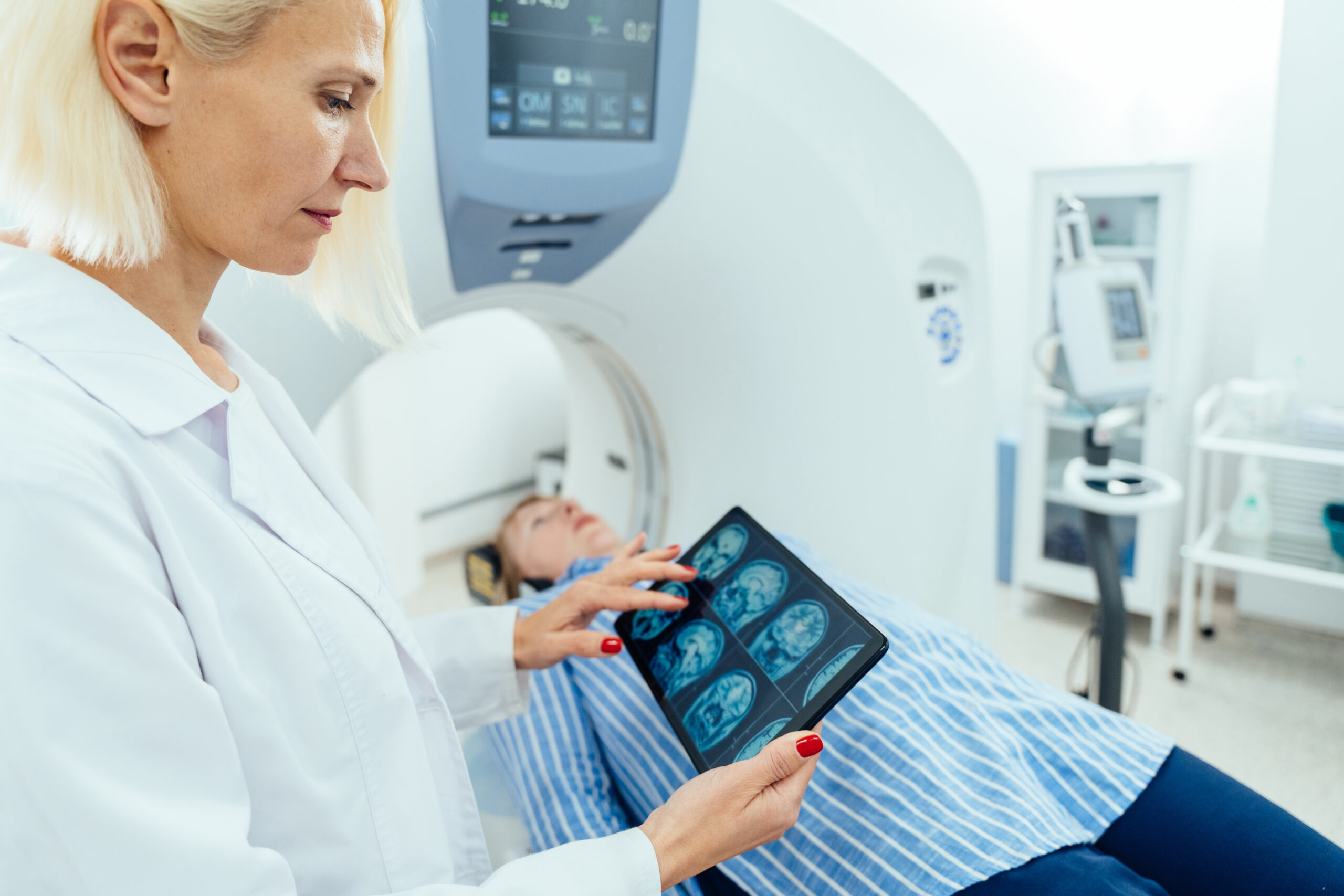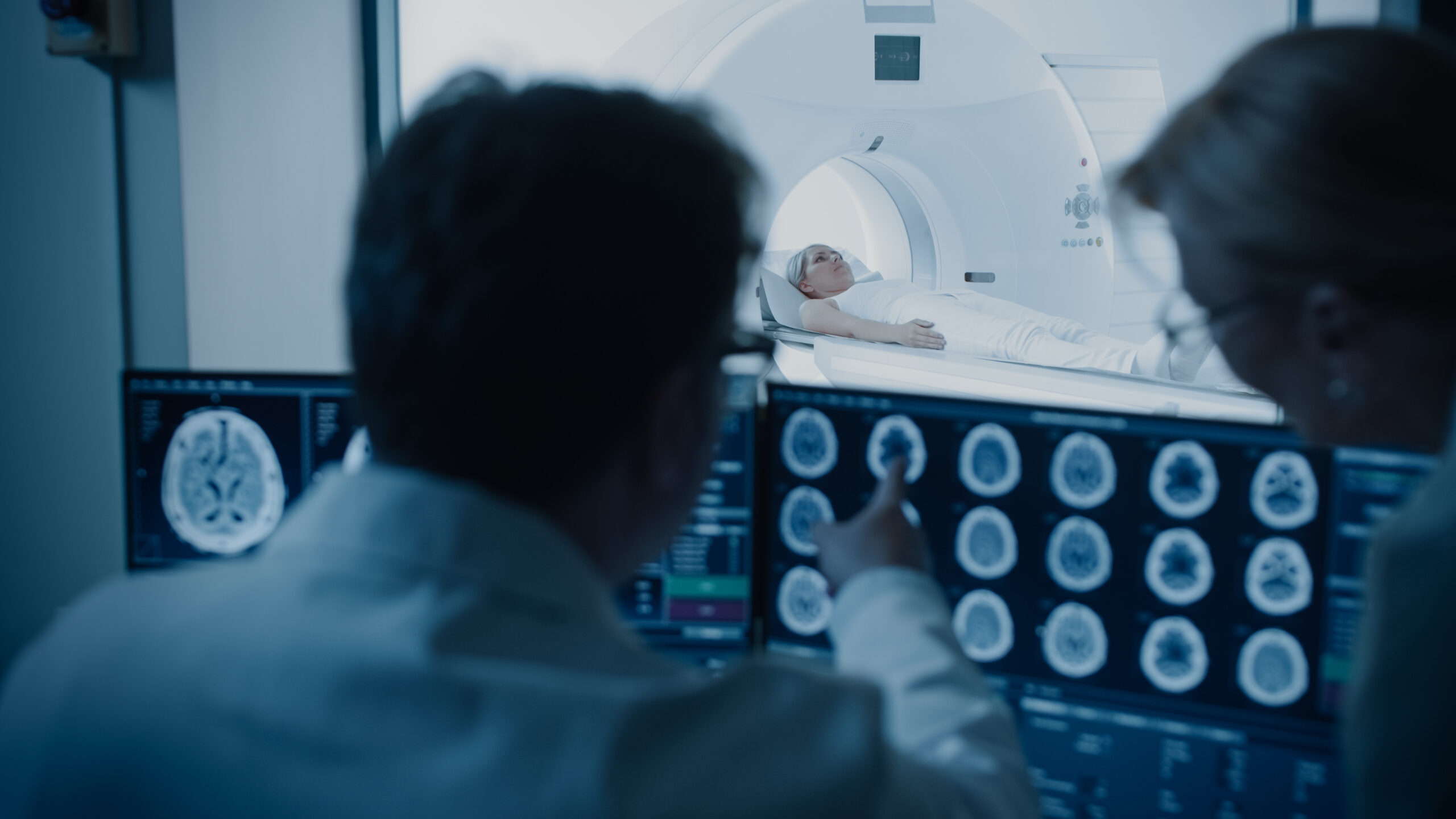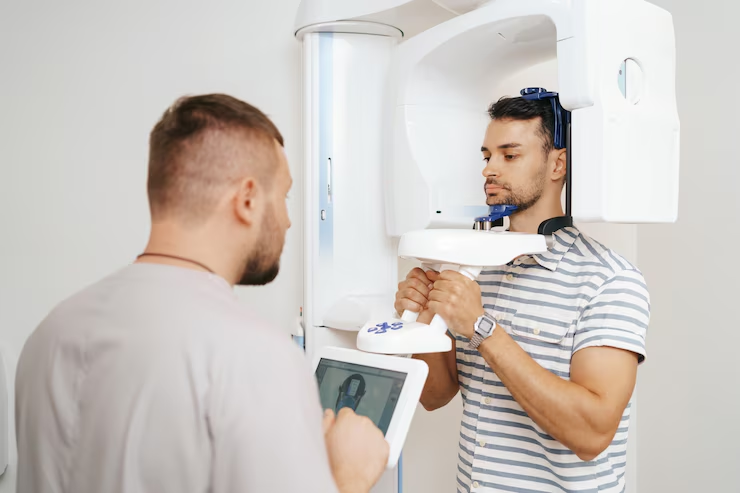Magnetic Resonance Imaging (MRI) is one of the most widely used diagnostic tools for evaluating the body’s internal structures, from the brain and spine to muscles, joints, and organs. Whether you’re undergoing an MRI scan to diagnose a condition or monitor your treatment progress, understanding the process can help alleviate anxiety and ensure you’re fully prepared. In this guide, we’ll walk you through essential tips for preparing for your MRI, explain what to expect during the procedure, and discuss aftercare and follow-up considerations.
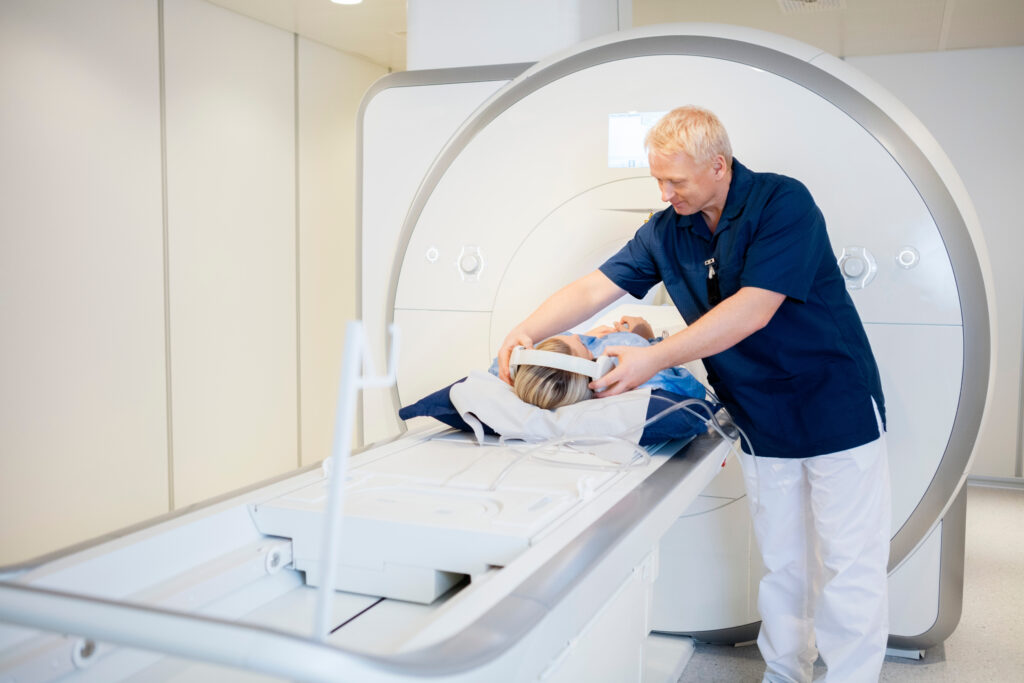
Preparing for Your MRI
Proper preparation is key to ensuring that your MRI scan goes smoothly and provides the most accurate results. Here are some important steps to take before your MRI:
- Inform the Radiologist of Any Implants or Devices: MRI uses strong magnets, so it’s crucial to inform your healthcare provider and the radiologist if you have any metallic implants, devices, or medical hardware (such as pacemakers, stents, or joint replacements). Certain devices can be affected by the magnetic field, which could impact the safety and accuracy of your scan.
- Wear Comfortable Clothing: You may be asked to change into a hospital gown for the scan, but it’s helpful to wear loose-fitting clothes without zippers, metal buttons, or belts. These items can interfere with the imaging process and need to be removed before the procedure.
- Avoid Food and Drink (If Applicable): For some MRI exams, particularly those involving contrast agents, you may be asked to fast for several hours before the procedure. Be sure to follow your doctor’s specific instructions regarding food, drink, and any medications prior to your appointment.
- Medication Considerations: If you are taking medications, confirm with your healthcare provider whether you need to take them as usual before your MRI scan. If you’re undergoing a contrast-enhanced MRI, the radiologist may ask about any allergies, especially to contrast dyes or iodine.
- Relax and Prepare Mentally: Many patients experience anxiety before undergoing an MRI scan, particularly due to the confined space of the MRI machine. It can be helpful to mentally prepare for the procedure by understanding that the process is painless and non-invasive. If you’re prone to claustrophobia, inform the radiologist, as sedation or other techniques can sometimes be provided to help you feel more comfortable.
Understanding the Procedure
An MRI scan is a painless, non-invasive imaging technique that uses a magnetic field and radio waves to create detailed images of the body’s organs and tissues. Here’s what you can expect during the procedure:
- Entering the MRI Machine: The MRI machine looks like a large, tube-like structure. During the scan, you’ll lie on a table that slides into the machine. Depending on the area being examined, you may be asked to lie on your back, stomach, or side.
- The Imaging Process: Once inside the machine, you will need to remain still while the images are being taken. The MRI machine produces a series of loud knocking or thumping sounds during the scan, so you may be provided with earplugs or headphones to reduce noise. The actual scanning process typically lasts between 20 to 60 minutes, depending on the area being examined.
- Contrast Agents (If Applicable): In some cases, a contrast agent (dye) may be injected into your veins through an IV line. This contrast enhances the images and helps doctors better visualize certain areas, such as blood vessels or tumors. If this is required, you may be asked to remain still for a few minutes after the injection as the contrast circulates through your body.
- Breathing and Holding Still: You may be instructed to hold your breath or breathe normally during certain parts of the scan. Following these instructions closely ensures clear and accurate images are captured.
- Completion: After the scan is complete, you’ll be able to leave the imaging room right away. If you received contrast, the medical staff will monitor you for a few minutes to ensure you don’t have any adverse reactions. The entire process is typically fast, and you can return to your daily activities afterward, unless otherwise instructed by your doctor.
Aftercare and Follow-Up
After your MRI scan, there are a few things to keep in mind:
- Post-Contrast Care: If you had a contrast dye injected, you may be advised to drink plenty of fluids to help flush it from your system. In rare cases, some patients may experience side effects from the contrast, such as mild nausea or headaches. These are generally short-lived, but if you experience any severe reactions (such as difficulty breathing or swelling), seek medical help immediately.
- Results and Follow-Up: The images from your MRI scan will be analyzed by a radiologist, who will send a detailed report to your doctor. Your doctor will then schedule a follow-up appointment to discuss the results and determine the next steps in your care. It’s important to follow up promptly to ensure you understand the results and any necessary treatment or actions.
- Returning to Normal Activities: Unless you were given sedation or have been instructed otherwise, you can usually return to your normal routine right after your MRI scan. There are typically no restrictions on physical activity, but if you received sedation, you should arrange for someone to drive you home.
Conclusion
MRI scans are an essential part of modern medicine, providing doctors with highly detailed images of your body’s internal structures. By preparing properly for your scan, understanding what to expect during the procedure, and following up with your healthcare provider afterward, you can ensure a smooth, stress-free experience. Whether you are undergoing an MRI for routine screening or a specific medical condition, knowing what to expect can alleviate anxiety and help you feel confident in your healthcare journey.
Schedule Your Appointment at PET CT of Miami
At PET CT of Miami, we specialize in MRI scans and other advanced diagnostic imaging services. Our team is committed to providing a comfortable and supportive environment to ensure you have a positive experience. Scheduling your MRI scan is simple — visit our website today to book your appointment online. Our expert staff will guide you through the process and answer any questions you may have!

